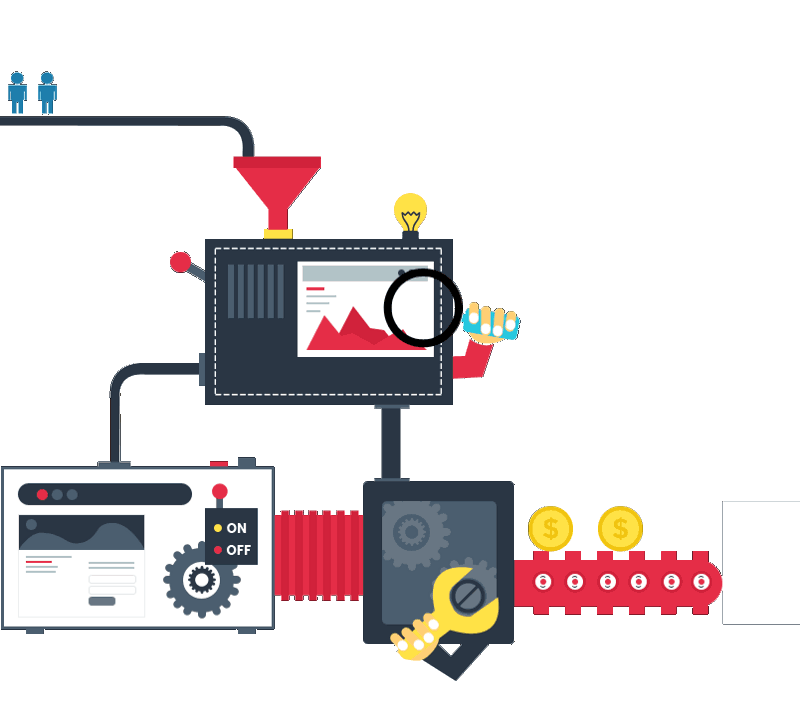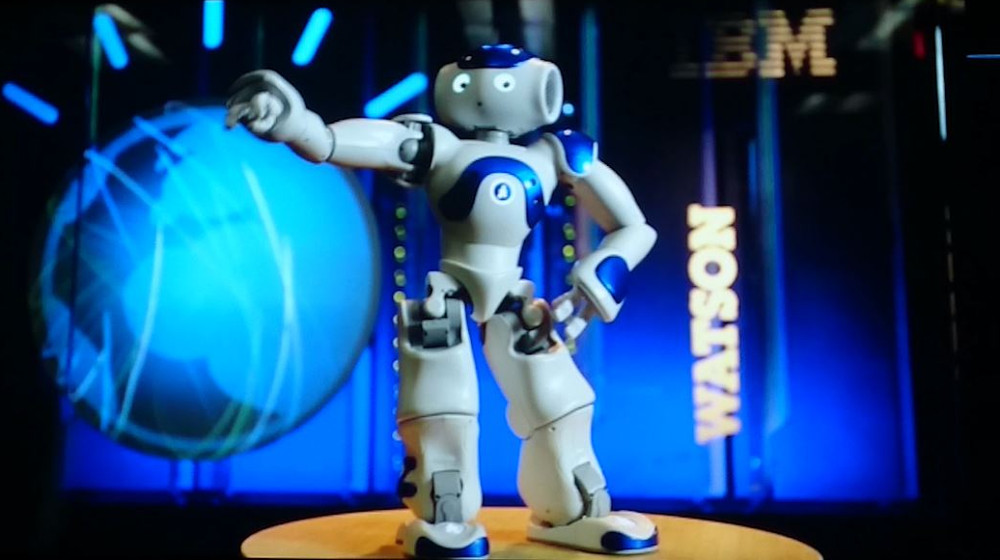
If you keep an eye on the artificial intelligence news, you must have noticed that it develops faster that one could have ever imagined. Self-driving cars, AI assistants, chatbots… All these things fascinate us. However, they also push us to think about the future of artificial intelligence. Will it have an effect on our future? If yes, to what extent?
According to Tech Insider, here is what computer scientists and AI researchers say about the future of artificial intelligence. You’ll definitely like some of their thoughts. Share with me which one seems to be the most realistic.
Can AI Become Our Best Friends?
Pieter Abbeel, the computer scientist from the University of California, states that artificial intelligence will bring more possibilities for an aging population, providing them with independence. Besides, wide usage of AI will help reduce traffic accidents and deaths. Of course, it’s possible if we imagine a situation when all cars are self-driving and controlled by a system that takes into account all issues.
Shimon Whiteson states that our future will be full of cyborgs. Humans and computers may collaborate together, having merged into one cognitive unit. This is cool and weird at the same time. Just imagine how productive humans would be if we had infallible memories. If there were the Internet in your brain, we would be superhumans, even cyborgs. But wait. Would someone be able to hack us?
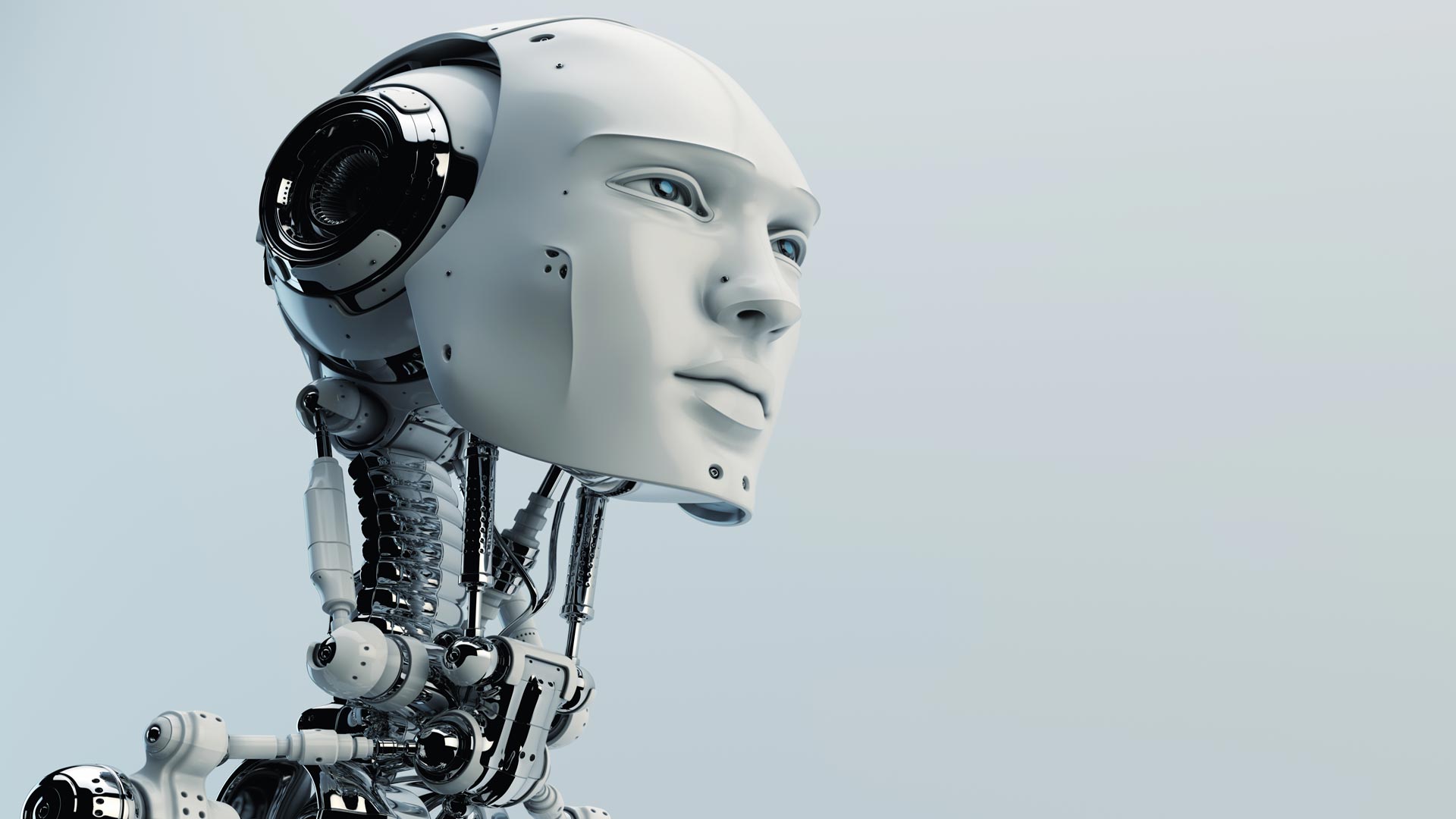
Thomas Dietterich also suggests that combining humans’ possibilities with those of an AI may turn humanity into the race of superheroes. The examples are simple. When you use Google search engine, you already become smarter, right? The same concerns examples of the previously mentioned collaboration. Providing people with augmented reality and additional sensory abilities, artificial intelligence may become a great help for older and physically challenged people.
Stuart Russel considers artificial intelligence to be capable of solving such major problems as climate change. The explanation is simple. When a person googles “how to save this planet from the global warming”, one just gets billions of pages to visit. How much time does one have to spend on reading that information? However, an efficient AI may read billions of pages in several minutes, analyze the information, make a conclusion, and provide users with an answer. Besides, there are already great examples of such work. IBM Watson is a system that analyzes unstructured data in minutes and provides users with the needed answers.
The future of artificial intelligence technology will have an effect on different spheres of our life. Communication is one of them. As Hector Heffner claims, after some time people may like talking to machines more than talking to humans. There already some signs of it. Just think about how much time you spend chatting via phone and messages. Besides, think about how many times you’ve preferred sending a message to calling via phone when contacting a service.
One of the spheres robots may become really helpful in is the assistance of older population. Assisting people in such simple daily activities as taking medicine and preparing food may have a positive effect on the whole society. As Matthew Taylor suggests, this may be possible even in the next few years.
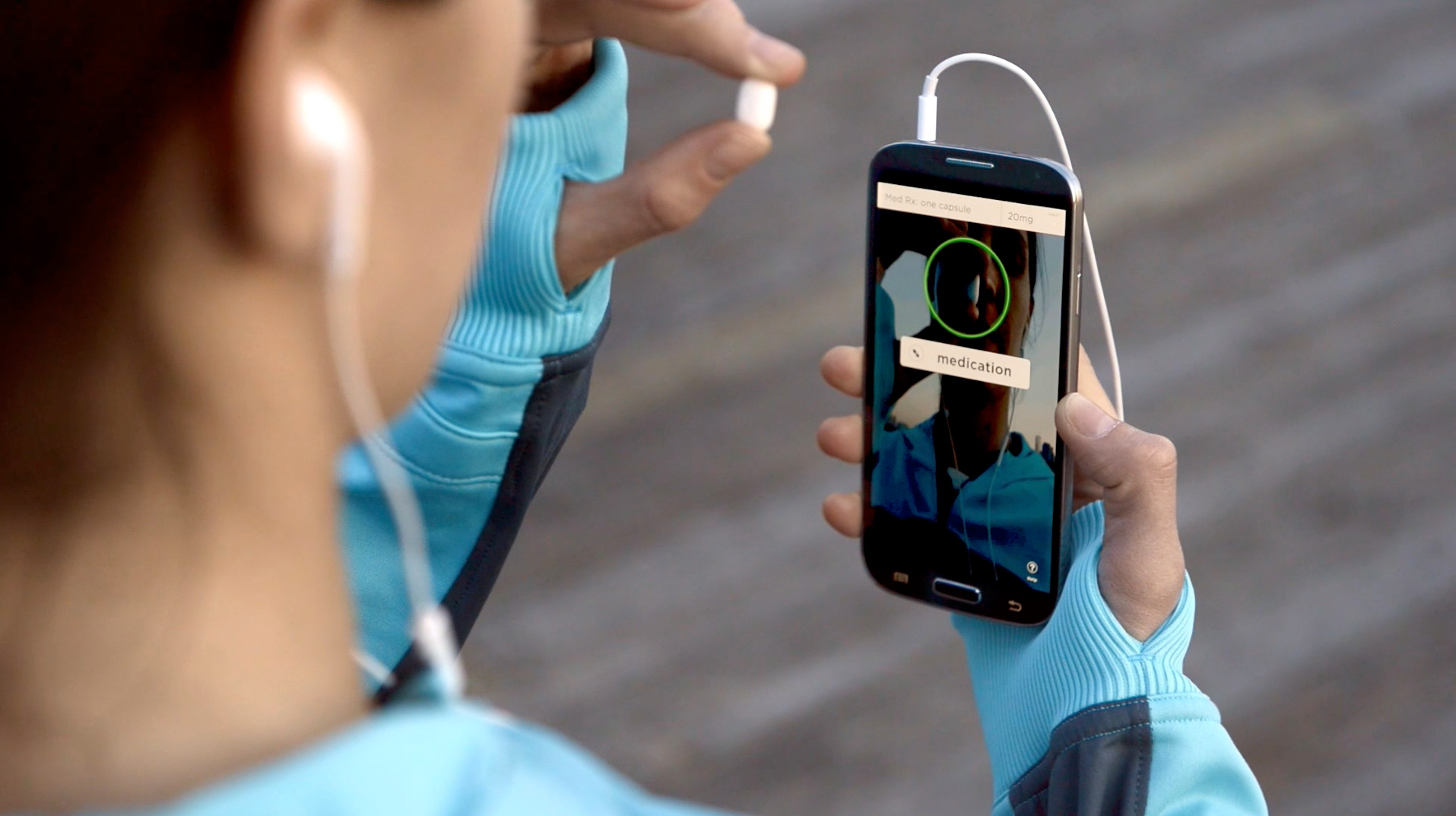
Another important area robots will develop is the healthcare. Analyzing gigabytes of data, taking into account every patient’s background, a robot may provide effective detailed treatment plans based on the latest innovations and general knowledge. If you read more about IBM Watson Health, you’ll understand that these things are almost a reality. IBM Watson analyzes unstructured data, reads millions of pages in 15 seconds, and provides patients with treatment plans. Are we already in future?
Some scientists suggest that artificial intelligence may change the way we communicate. There are also those who think that artificial intelligence technology will change the way we live and work. Being in charge of different tasks, artificial intelligence will provide people with more free time. That means a shorter working week. That also means many new challenges for the society: wealth distribution, getting accustomed to a new lifestyle, extinction of certain job positions, etc.
The possibilities future of artificial intelligence shows seem to be awesome. However, there are some downsides. Let’s have a closer look.
Robots vs Humans: What’s Their Future?
When artificial intelligence systems do a lot of tasks and do them better than people, why should a boss prefer hiring people? When AI becomes as developed as we imagine it, the prices for buying it are lower. So get ready for the time when robots take over many jobs. It’s not something bad. You may perceive this fact as a motivational suggestion for you to work harder and focus on self-development. Being educated, you’ll always stay ahead.
Another concern scientists have about the future of artificial intelligence is connected to the future of labor. If you think about people from an economical point of view, you consider the value of people is that they can work. Thus, the need to stop valuing people just for the labor will help the society to get ready for the AI future.
Scientists believe that there are two scenarios of AI being a risk to humanity. The first scenario is when AI are programmed to be devastating. According to the second scenario, AI may be programmed to do something beneficial but they may still ruin everything because of a destructive method for achieving the goal.
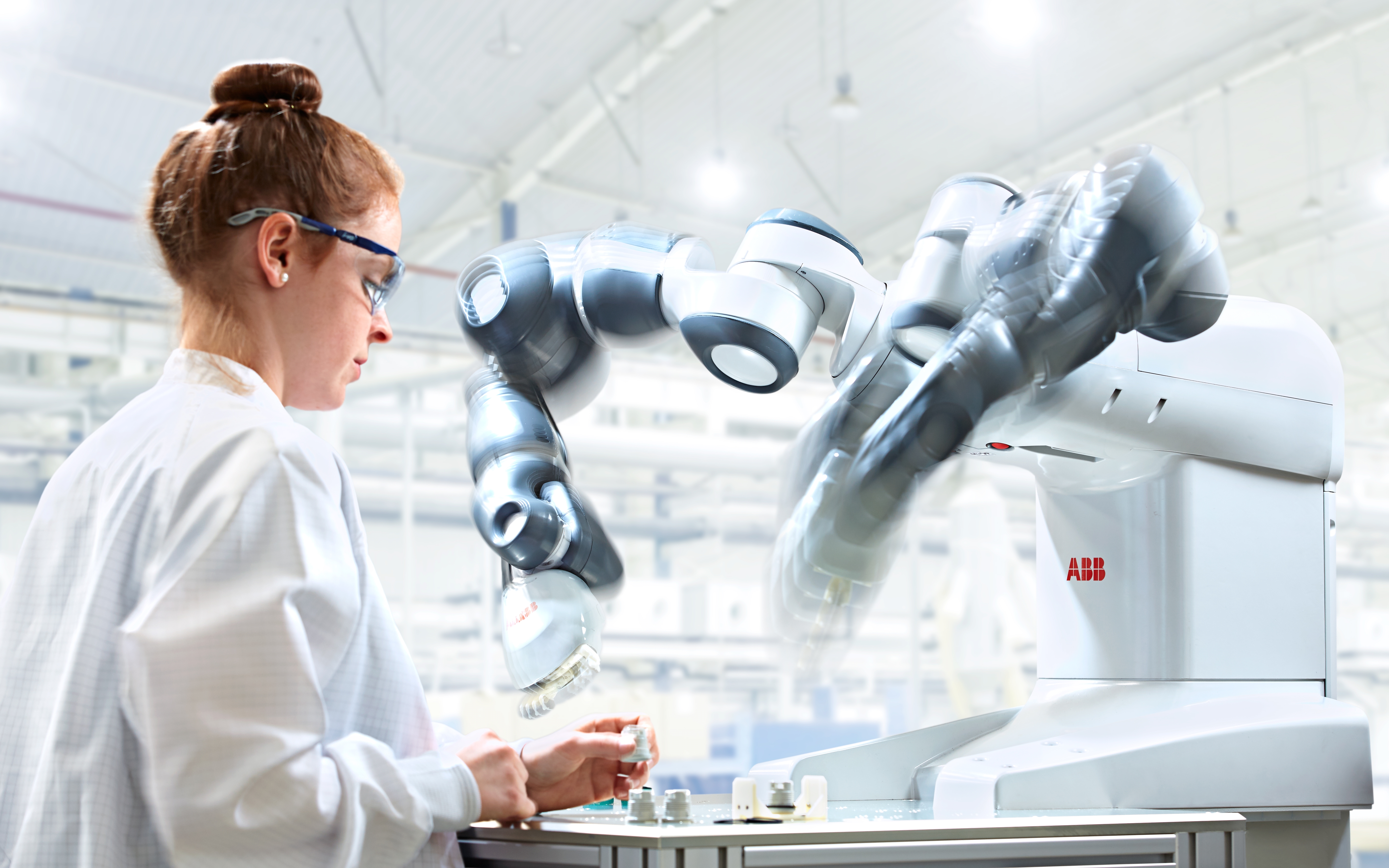
The examples of the first scenario are easy to find – sci-fi movies are full of stories featuring AI programmed by evil people who want to ruin the world. The examples of the second scenarios are also easy to imagine. If we are talking about future artificial intelligence technology that can carry out tasks but can’t think, we should understand that there may be many cases when AI just fulfills a task without a hidden agenda but still ruins something.
These are the cases people should think about. However, there is no need to worry. There is a plenty of time before all the previously mentioned cases of future artificial intelligence use will be turned into reality. Scientists will definitely spend this time on figuring out how to make the future of artificial intelligence 100% safe. If you want to stay aware of the latest AI news, follow our blog. Let’s change the future together.

